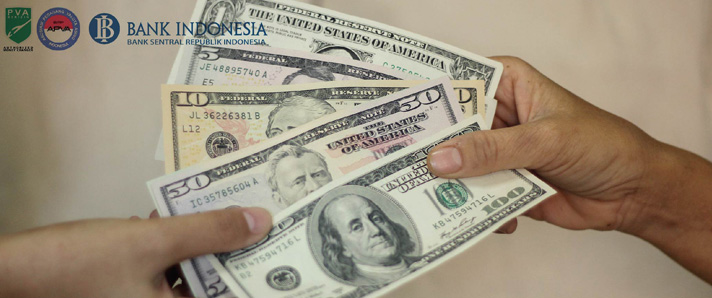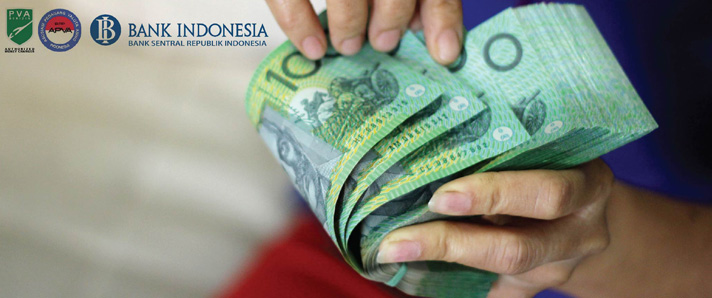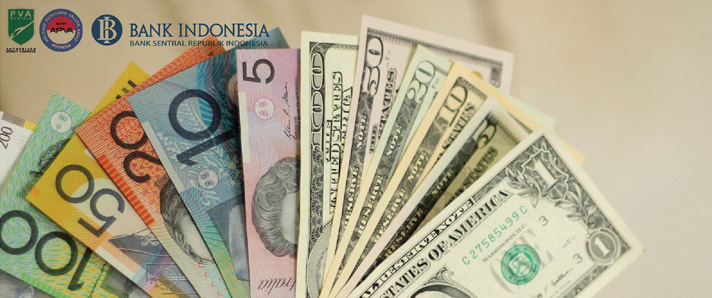Indonesia raises key rate to help fragile rupiah
Indonesias central bank on Thursday hiked its benchmark interest rate for the first time since 2014, bowing to growing pressure to bolster the fragile rupiah and stem an outflow of capital.
The decision comes at a time policymakers in emerging markets around the world are being forced to bite the bullet on rate rises. Their economies are being buffeted by a spike in bond yields and falling share-prices as oil prices increase and U.S. interest rates could keep climbing.
At an April meeting, Bank Indonesia (BI) said it would be overkill or counterproductive to raise interest rates.
But on Thursday, it raised the 7-day reverse repurchase rate by 25 basis points to 4.50 percent. In 2016 and 2017 combined, BI cut the key by 200 bps to try to spur lending and economic growth.
With the rupiah under further pressure, the rate increase was a case of the central bank bowing to the inevitable, Gareth Leather, senior economist at Capital Economics, said in a note.
Bank Central Asias chief economist David Sumual said he is expecting another 25 bps hike if capital outflows persist.
And ANZ, which previously expected no rate change in Indonesia, now said it expects two more 25 bps hikes later this year, which are likely to adversely impact growth prospects.
Combination of woes
Southeast Asias largest economy is one of the regions worst affected by the combination of rising U.S. yields and higher oil prices, and has seen about $4 billion leave its markets over the past month as foreign investors review their exposure to higher-yielding emerging markets.
BI Gov. Agus Martowardojo, who later this month will be succeeded by Perry Warjiyo, a current deputy, said Thursdays increase was in response to rising global financial uncertainty amid tighter U.S. dollar liquidity.
While Indonesia has projected the Federal Reserve will hike rates three times in 2018, the governor said there is a risk it could make four increases.
If conditions force us to adjust the policy rate again, we will not hesitate to do that, Martowardojo said.
Fitch Ratings on Thursday warned that if central banks in emerging markets had been running too loose monetary policy to cater to domestic economic conditions, there may be significant adjustments ahead as global conditions change.
The rupiah has fallen more than 5 percent to past 14,000 per dollar in four months as Indonesian 10-year bond yields jumped more than a percentage point, and the Jakarta stock market is down 8 percent this year.
Falling reserves
BI Deputy Gov. Dody Budi Waluyo said 2018 economic growth is seen weakening slightly due to Thursdays rate hike, but would stay within the 5.1-5.5 percent outlook. First-quarter growth was already slightly below market expectations, at 5.06 percent, as private consumption remained sluggish.
He also said inflation rate is expected to stay within the central banks 2.5-4.5 percent target range despite the rupiah’s slump. The annual inflation rate was 3.41 percent in April.
Source : The Japan News
May 19, 2018
| Bank note current rate: | ||||||||||||||||||||||||||||||||||||||||||||||||||||||||||||||||||||||||||||||||||||||||||||||||||||
| ||||||||||||||||||||||||||||||||||||||||||||||||||||||||||||||||||||||||||||||||||||||||||||||||||||
|
||||||||||||||||||||||||||||||||||||||||||||||||||||||||||||||||||||||||||||||||||||||||||||||||||||
| Last Updated :25 Apr 2024 - 03:36 PM | ||||||||||||||||||||||||||||||||||||||||||||||||||||||||||||||||||||||||||||||||||||||||||||||||||||
| These are indicative rates. For actual exchange rates, please visit or call our outlets at (0361) 4741 940. We reserve the right to change the rates at any time without prior notice. | ||||||||||||||||||||||||||||||||||||||||||||||||||||||||||||||||||||||||||||||||||||||||||||||||||||
|
|
||||||||||||||||||||||||||||||||||||||||||||||||||||||||||||||||||||||||||||||||||||||||||||||||||||
|
Please Note : Central Kuta does not sell foreign currencies in small denominations. Please Contact us for further information. |
||||||||||||||||||||||||||||||||||||||||||||||||||||||||||||||||||||||||||||||||||||||||||||||||||||


































